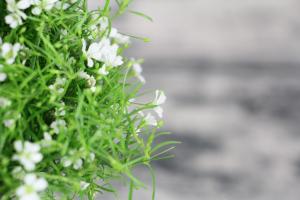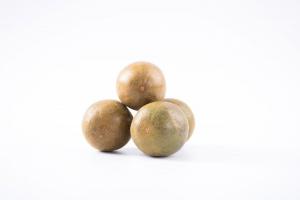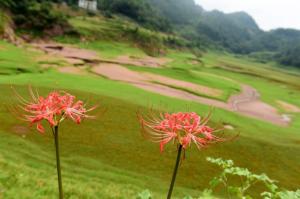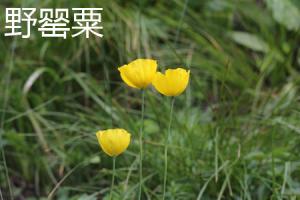What are the best trees to plant for privacy?
Many homeowners desire privacy in their yards, and planting trees is one of the best and most natural ways to achieve it. If you want to create a living privacy screen, you need to choose the right type of tree that will grow tall and dense enough to block the view. Here are some of the best trees to plant for privacy:
1. Leyland Cypress
Leyland Cypress is a fast-growing evergreen tree that can quickly provide a dense privacy screen. It can grow up to 70 feet tall and 15 feet wide, making it an excellent choice for large properties. Leyland Cypress is easy to care for and can adapt to different soil types and growing conditions. It thrives in full sun and can tolerate drought and heat.
2. Thuja Green Giant
Thuja Green Giant is another fast-growing evergreen tree that can create a privacy screen in just a few years. It can grow up to 60 feet tall and 20 feet wide, making it ideal for medium to large-sized properties. Thuja Green Giant is low-maintenance and can tolerate a wide range of soil and weather conditions. It is resistant to pests and diseases and makes an excellent windbreak too.
3. Arborvitae
Arborvitae is a popular choice for creating a natural fence because it is easy to care for and can grow up to 30 feet tall and 10 feet wide. It has a conical shape that can add visual interest to your landscape, and it is very cold hardy, making it a great choice for northern climates. Arborvitae prefers moist, well-drained soil and full sun to partial shade.
4. Bamboo
Bamboo is an excellent option if you want to create a tropical privacy screen. It can grow up to 25 feet tall and spread quickly, creating a lush, dense wall of green. Bamboo is relatively low maintenance and can grow in different soil types and conditions. However, some species of bamboo can be invasive, so make sure you choose a clumping variety that stays in place.
5. Holly
Holly is a popular choice for creating a privacy screen because it has dense foliage and attractive berries that add color to your landscape. It can grow up to 20 feet tall and 10 feet wide and prefers full sun to partial shade. Holly is a slow-growing tree, but it is low maintenance and can adapt to different soil and weather conditions. It also provides habitat for birds and wildlife.
Conclusion
When choosing trees for privacy, consider the height, width, growth rate, maintenance, and environmental requirements of the tree. You want to choose a tree that can provide the level of privacy you desire while also enhancing the beauty and functionality of your landscape. By planting the right type of tree, you can create a natural sanctuary that adds value to your home and enriches your quality of life.

 how many times do yo...
how many times do yo... how many planted tre...
how many planted tre... how many pine trees ...
how many pine trees ... how many pecan trees...
how many pecan trees... how many plants comp...
how many plants comp... how many plants can ...
how many plants can ... how many plants and ...
how many plants and ... how many pepper plan...
how many pepper plan...































